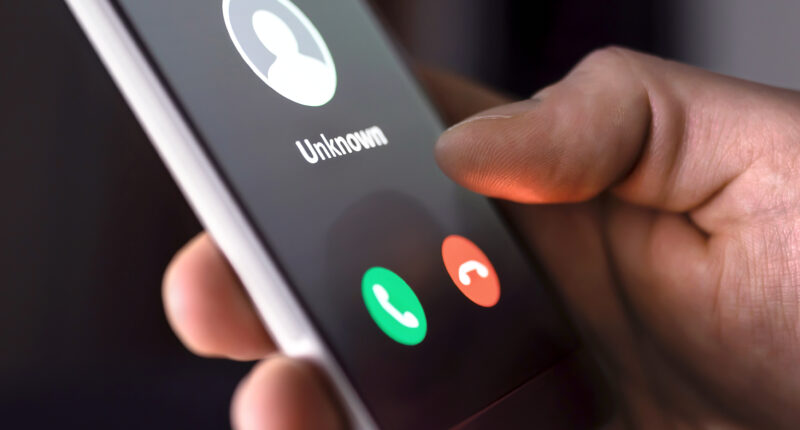VIRGIN MEDIA has warned that scammers could be impersonating staff to tease important personal information out of customers.
This type of scam, known as phishing, is all too common – and is just one of many bank-raiding scams circling tech users at the moment.
“In many cases, they’ll seem friendly, polite, and professional – and could convince you they’re working for Virgin Media,” the company writes on its website.
“But as soon as they put you under pressure and ask you to act immediately – be suspicious.”
Unsolicited calls requesting personal or financial information are a major red flag.
Spotting a scam can be difficult, but has been made particularly hard by recent advancements in artificial intelligence (AI).


A recent report by cybersecurity giant McAfee found that Brits are losing thousands of pounds to AI voice fraud alone.
“If you’re not sure, remember that Virgin Media will never ask you for your full password, memorable word, or to confirm your full account details as a security question.
“That goes for calls, texts, emails, social media chats or anything else. Never means never.”
Virgin Media also regularly updates its website with any changes to its techniques with customers.
Most read in Tech
“If you’re ever in doubt about a number that’s called you, hang up,” the company adds.
“If it was financially related and you want to get in touch with your bank, dial 159 to ensure you are directed to them.”
Fellow phone provider EE recently offered similar advice to customers.
In an official EE memo, the company warned over “smishing”.
That’s a variant of phishing – where someone tricks you by pretending to be a trusted person or company – that takes place over text.
They’re very common and can be easy to fall for, so you must be extremely careful to avoid it.
“If you receive a message requesting personal or financial information, such as personal security details, bank details or passwords, be aware that it could be a scam and therefore fraudulent,” EE advises.
Best Phone and Gadget tips and hacks

Looking for tips and hacks for your phone? Want to find those secret features within social media apps? We have you covered…
We pay for your stories! Do you have a story for The Sun Online Tech & Science team? Email us at [email protected]









